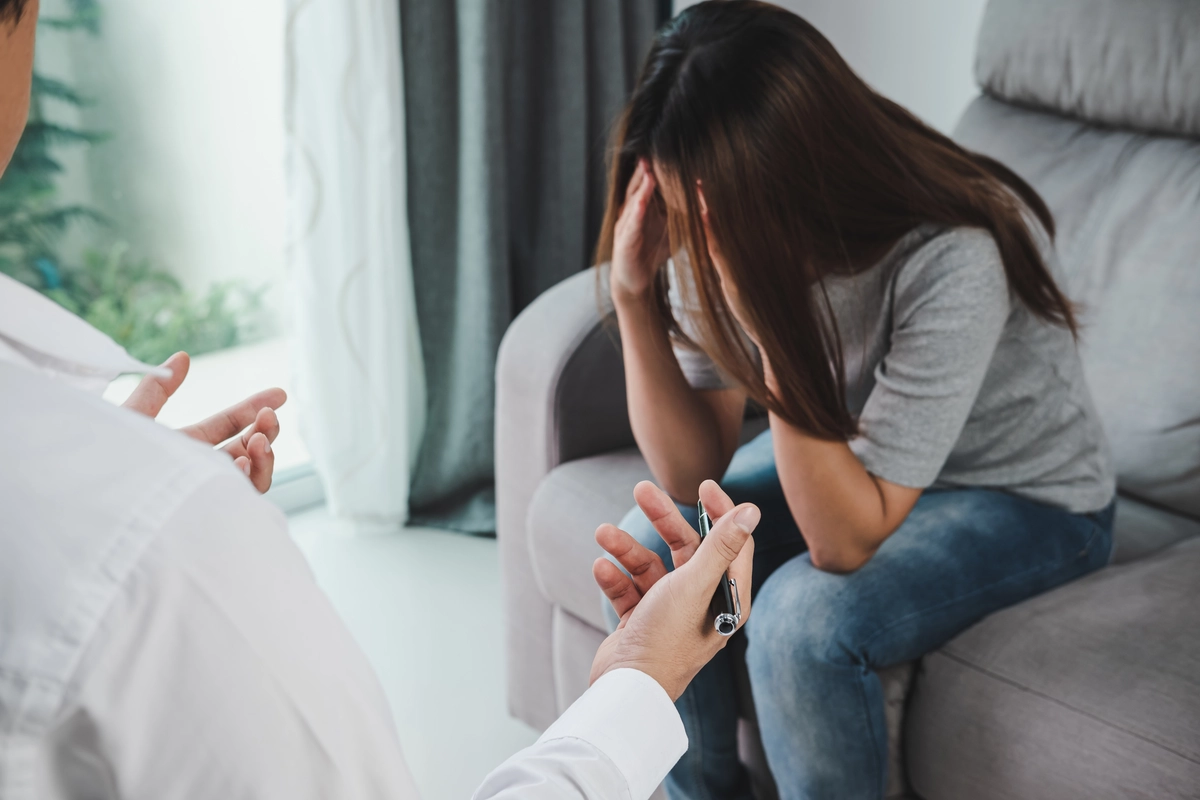24/7 Helpline:
(866) 899-221924/7 Helpline:
(866) 899-2219
Learn more about Bipolar Disorder Treatment centers in Union County

Other Insurance Options

Private insurance

Kaiser Permanente

ComPsych

Holman Group

MHNNet Behavioral Health

Multiplan

Humana

WellCare Health Plans

Horizon Healthcare Service

Meritain

Cigna

Optima
Beacon

Excellus

BHS | Behavioral Health Systems

Self-pay options

Health Partners

Providence

United Health Care

Lucent

Oxford Treatment Center
Oxford Treatment Center, in Etta, Mississippi, is a luxury, 12 step focused drug and alcohol rehab f...










































